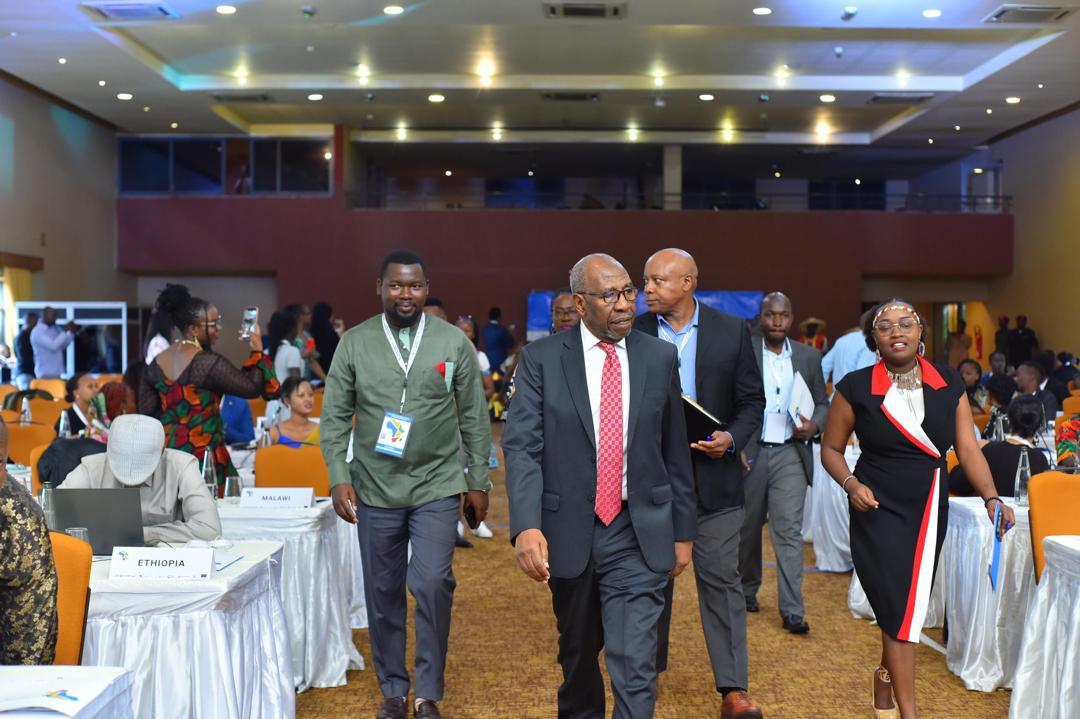Prime
Work experience is important for high school students

Asked whether she has considered a career around banking, Kakooza confides that though the thought of working in a bank has crossed her mind, this is not where her passion lies.
What you need to know:
- Work experience is one of those things that have never missed in a job advert.
- Yet, the methods used to teach many Ugandan students feeds them with information and little to no chances of experiencing what they are studying to do.
For many people, the first time they experienced the world of work was when they got their first job, which is taxing.
However, some schools and institutions of higher learning are realising the need for students to have a feel of how the work place works through internships and ‘work experience’ placements. One of such schools is Taibah International School. These have students joining Senior Four and Senior Six join different organisations and workplaces for two weeks of internship during the long third term holiday, dubbed; “Work Experience.”
Getting a feel of a workplace
Janet Kakooza, a Year 13 (Senior Six) student of Taibah International School, first had this work experience in Senior Three.
“I was placed at a hospital but I felt that was not where I saw myself being in a few years to come. So, this time, I was placed in a bank – Centenary Bank central branch,” she narrates adding that, they were given tasks which mostly involved data collection.
“The task was not as hardbut the the information that we had to record onto the computers was not in one place,” says Kakooza.
Working in the human resource department under a supervisor, she also helped in making application folders for people that had applied and passed interviews. However, what she prides in most is getting the feel of what the real workplace is like, and how things run.
“I’ve never been good at the whole team work thing because I’m used to relying on myself and executing everything by myself, but this work experience opened my eyes and my mind, that it is okay to rely on other people and to work in teams,” Kakooza explains adding that she got exposed to realities that team work is a big factor in the employment world.
When asked whether she has considered a career around banking, Kakooza confides that though the thought of working in a bank has crossed her mind, this is not where her passion lies.
“But I have learnt a thing or two that will help me in future,” she notes.
Opening the mind to business
Henrieta Rutaremwa is another Year 13 student from Taibah International School, placed at Outlet Supermarket at Freedom City on Entebbe Road.
“This was a life changing experience for me. I was given an opportunity to face the working class and understand how much energy is needed in order to get a great outcome,” Ruteremwa says, adding that it was an eye-opening experience to the world of business for her.
She was placed in different sections of the supermarket such as bakery, cookery, and sales.
“The section I enjoyed most was baking because I learnt how to make bread, cookies, cakes and packaging them. I bake bread at home and this experience gave me an urge to start my own business,” Rutaremwa says.
Though her major challenge was being changed from one section to another, she believes it helped her learn how to open up to different groups of people, and also gain more skills. Of course, Rutaremwa sees herself doing business soon.
“The orders of bread were immeasurable. It got me thinking that if I had my own bakery, how much profit would I have? So yes, I am thinking big. I will work hard to become a job creator than a job seeker,” she says.
Connecting with decision makers
Adam Rusa, a Year 13 student, a placement at the Central Bank of Uganda is an opportunity he described as unusual. “I am currently working at the central bank with absolutely no qualifications for the job at all. Working in the human resource department that is in charge of recruitment and keeping staff documents,” he says.
Though what he did mostly was to have conversations with experts about how the central bank operates, Rusa has been able to pick interest in banking and the economy.
“I was lucky to be assigned to something that I might consider in the future, which is to deal with the economy of his country because the central bank does play a significant role in the country and I see myself doing something around that,” he prides.




